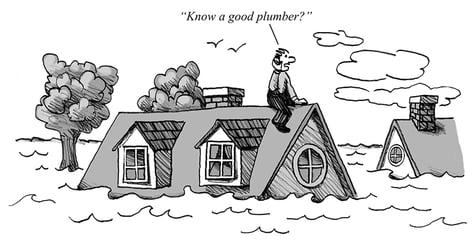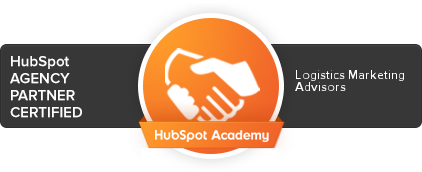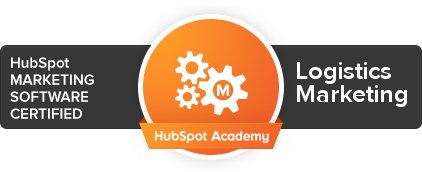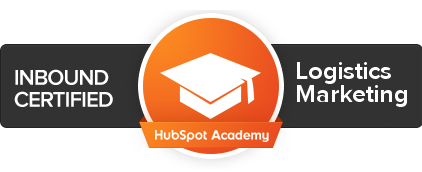When you’re in need of a plumber, or an electrician or similar professional help, my guess is you ask three questions in succession:
- “Who do I know?”
- “Who do you know?”
- “Who’s out there who knows?”
We start with “Who do I know?” Clearly, if you have someone you know and trust, questions 2 and 3 become irrelevant.
But if there’s no one you call “my plumber,” you’ll move on to “Who do you know?” That’s when you work the phone, text and email and ask family members, friends and neighbors for a recommendation.

If it turns out that friends and family members all have perfect plumbing, that’s when you move on to the third question, “Who’s out there who knows?” To limit your risk, you go through a vetting process to uncover the best, most experienced plumber for your specific problem.
This three-question progression is all about limiting risk. We’re all a little terrified of the tradesman who botches the job or gouges us on the price, or both. Well, when marketing logistics services and systems, buyers are about 1,000 times more risk averse than the homeowner with the leaky pipes (actually, it’s 967% more, but I’m rounding up).
What if these buyers went through the same three-question progression?
Who Do I Know?
Many 3PLs report that 50% or more of their new business revenue comes from existing customers. Make sure you know about your customers’ broad logistics operations. Create opportunities for strategic discussions where you learn all the touch points and pain points along their supply chains.
How about former customers and colleagues with whom you no longer have regular contact? When they ask “Who do I know?” does your firm come to mind?
Who Do You Know?
When buyers of logistics services canvass their network of contacts for recommendations on logistics partners, you want to be on the other end of these recommendations.
Influencers could include management consultants, logistics consultants, material handling equipment suppliers, software companies, commercial real estate firms, economic development and port executives, trucking companies, railroad and intermodal companies.
Don’t ignore the role of influencers in the buying process and carve out time to identify and cultivate relationships with these contacts.
Who’s Out There Who Knows?
Today, high-value services are bought, not sold. Buyers are increasingly cynical toward one-way, sales-oriented messages and more inclined to independently gather objective information about challenges, solutions – and services.
What’s the best way to get on their radar screens? Not with interruptive, sometimes annoying cold calls and unsolicited emails. Try inbound marketing.
Give prospects a reason to find you by creating informative content that positions your company as a thought leader – the ones who know.
When marketing logistics services, be sensitive to the degree of risk involved in choosing a partner and the lengths that shippers will go to reduce this risk. Apply the three-question test to your own customers and prospects.
If they went through this process, how would your company fare?


![Finding-A-Logistics-Partner.pdf']Download the eBook](https://www.logisticsmarketing.com/hs-fs/hubfs/Imported_Blog_Media/thumbnail-finding-a-plumber.jpg?width=160&height=124&name=thumbnail-finding-a-plumber.jpg)





